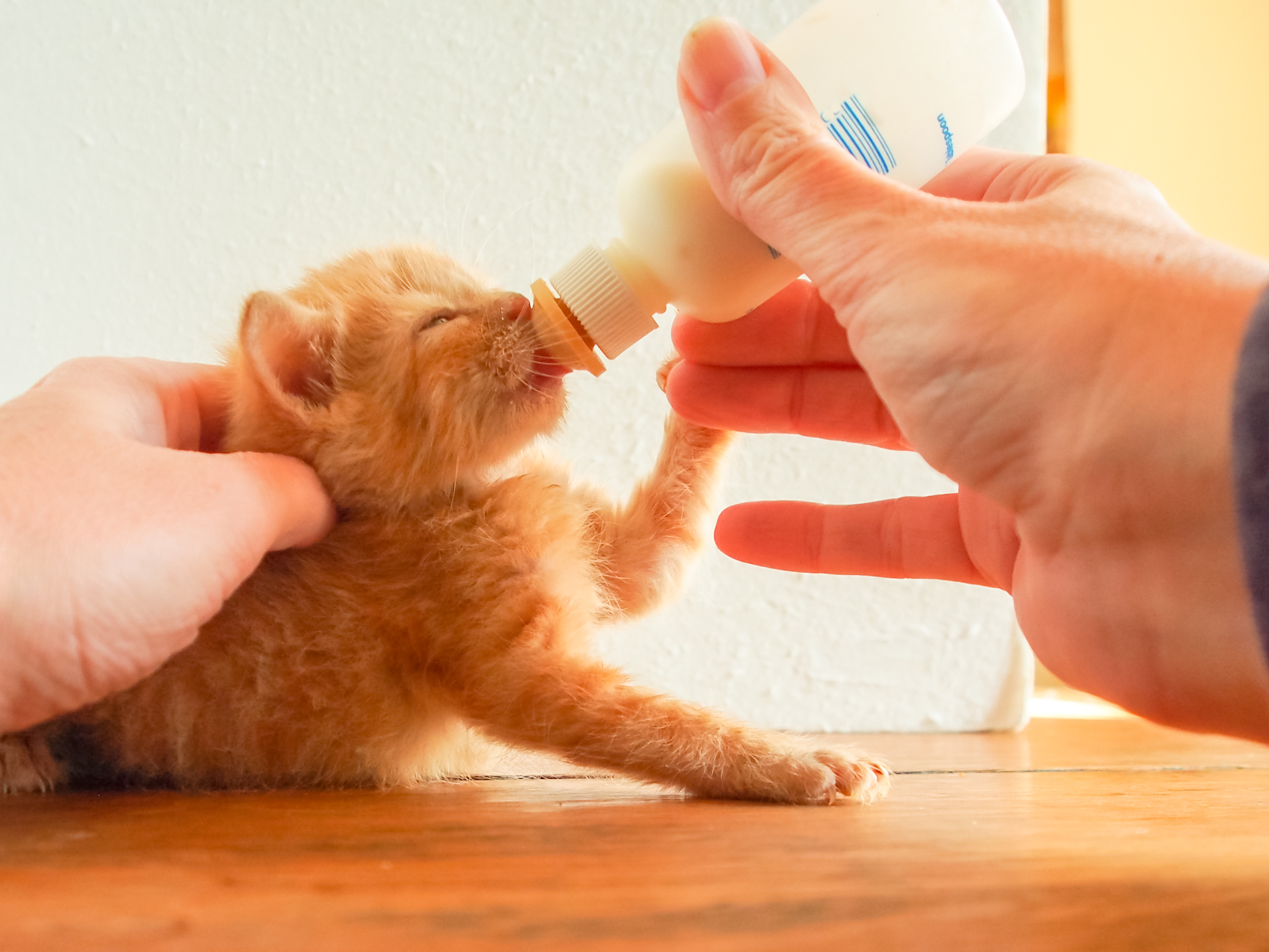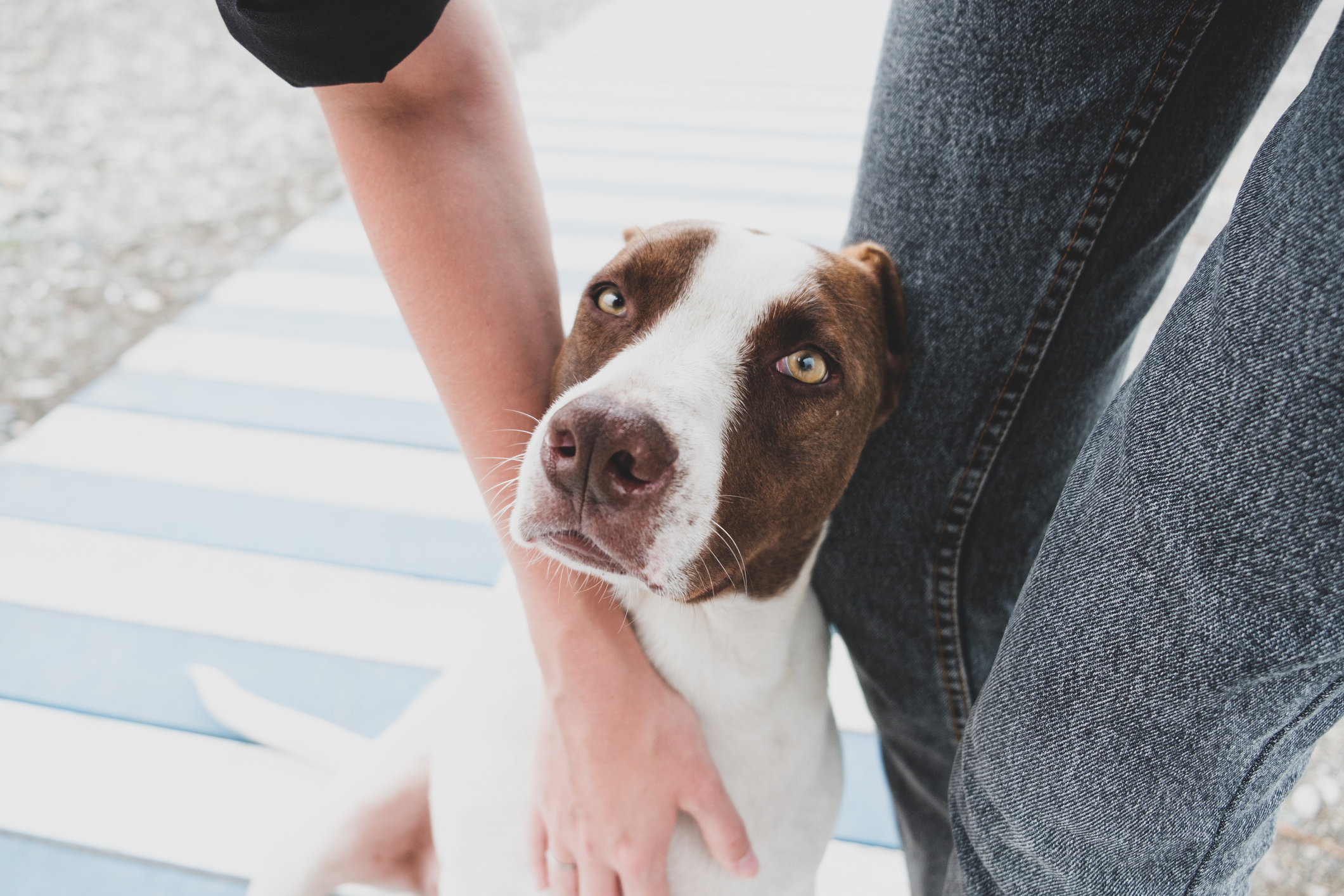
5 Things to Consider Before Fostering a Pet
For animal lovers who aren’t ready or able to adopt a lovable pet for life, fostering a pet can be a great opportunity. However, becoming a pet foster parent can come with nuances and complexities many people don’t expect. Not every animal lover will be the right foster parent for every animal, so it’s important to consider a few things before taking a pet in.
What is pet fostering?
Fostering a pet involves temporarily caring for a homeless pet until the pet can be adopted safely by their forever family. During that time, you will care for the pet as if they were your own, offering them health, love and stability.
Cats and dogs might need foster care for a variety of reasons. Some pets may be too young to be adopted out of the shelter, so they need to be cared for in a home until they are old enough. Others may be ill or just had surgery and need someone to care for them while they recover. Others still may have behavioral or stress troubles or need time to adjust to living around people before being adopted. In some cases, the pet will not have any health or behavioral problems at all. The shelter may simply be running low on space and need volunteers to care for animals.

Fostering can be an extremely rewarding experience. Many pet foster parents love being able to help pets in need and give them loving homes as they await adoption. The process also helps socialize pets and offer them an environment with lots of one-on-one attention and reduced stress.
In order to start fostering, you’ll need to visit a local shelter and fill out an application. After you’re approved, the shelter staff will help identify the right animals for your home and contact you if there’s a pet they’d like you to care for.
Consider these things before fostering

Before you head to your nearest animal shelter and sign up as a volunteer for pet foster care, you should take time to consider a few things. Fostering a pet isn’t as easy or simple as it seems in all cases, so it should only be started after careful thought.
Consider the following to determine whether fostering a pet is the right choice for you:
- Is my home suitable for a foster pet? Depending on the pet you foster, you may need to make minor changes to your home, such as puppy- or kitten-proofing it so young pets can’t get into things. Beyond that, though, you’ll want to consider whether your home is suitable for pets overall. Are you allowed to have pets per your housing lease agreement? Do you have concerns about pets and furniture? Also, do you have your own pets? Many foster parents take in homeless pets while caring for pets of their own, but the pets should be separated for their safety.
- Do I have the financial resources to care for a foster pet? Every animal shelter will run their pet foster program differently. Most will provide you with the food and resources you need to care for the pets, but some will expect you to buy those things on your own. You may need to have a budget that allows for the purchase of a pet carrier, crate and/or bed, food and water bowls, a leash and harness, a litter box and a few toys or comfort items. You may also need a scale and basic medical instruments, such as a thermometer and syringe. Check with your shelter on whether they will provide these items to you.
- Am I able to give the pet the specialized care they need? Some pets in foster programs will be recovering from illness, injury or behavioral problems and may need medication administered or other close attention paid to their health. Are you prepared to provide this sort of specialized care for an animal? Do you have the time to dedicate to nursing a foster pet back to health? If not, you still may be able to foster healthy animals, but you’ll need to discuss your limitations with the shelter.
- How long am I able to foster a pet? The length of time a foster pet may need to be cared for will ultimately come down to the individual pet and their needs. Some will need to stay until they are healthy or socialized enough to be adopted. Others may need to remain in your care until there is room at the shelter or until the pet can be adopted directly. This could take a few days to a few months. If you have upcoming commitments, such as a vacation or a move, you may not want to foster at this time.
- Am I able to let go when it’s time for adoption? Pets in the foster care system are intended to be adopted by their forever family, and there will eventually come a day when you have to say goodbye. While caring for a pet, it’s easy to become attached, and the day you say goodbye might be sad. If you are someone who struggles with transitions like these, fostering may put too much stress on you emotionally and may not be the right choice for you.
Fostering a pet provides a cat or dog in need with a loving home until they are able to find their forever family. It’s a wonderful experience so many animal lovers choose in order to give back to their furry companions. If you’re interested in fostering an animal, reach out to your local animal shelter to begin the process.


